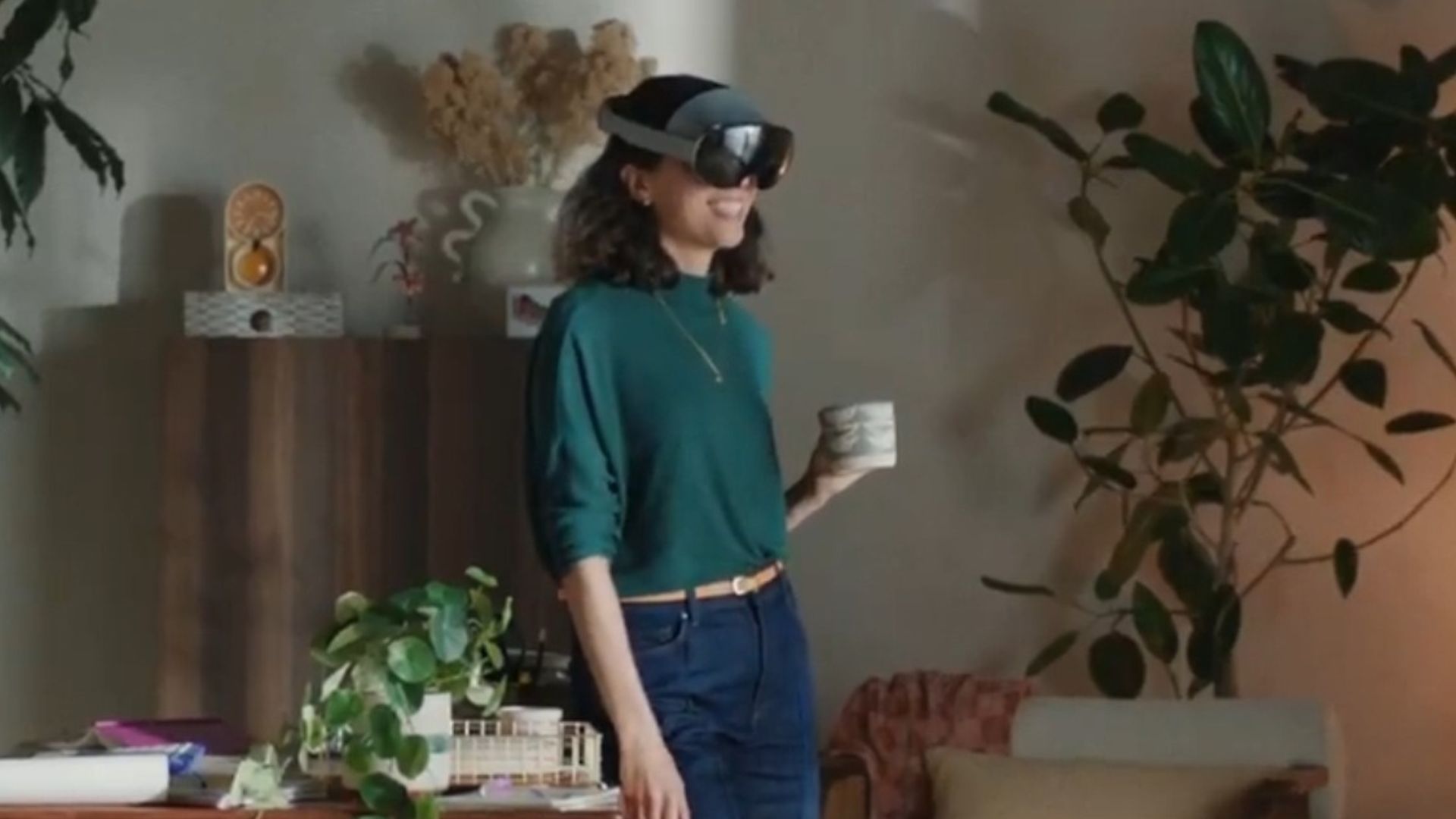Google has just unveiled an exciting new operating system called Android XR, marking a bold step into the world of extended reality (XR). XR is a broad term that includes virtual reality (VR), augmented reality (AR), and mixed reality (MR), all designed to dramatically change how we interact with the world around us. With Android XR, Google is directly challenging Apple’s visionOS, the system that powers the Vision Pro headset. Android XR aims to offer an immersive experience, bringing both new and familiar Google apps into the XR space, and incorporating advanced multitasking, AI features, and seamless app integration.
One of the most impressive aspects of Android XR is how it integrates Google’s popular services like Maps, YouTube, Chrome, and Photos into the XR environment. This means users can access these apps in new, immersive ways, whether it’s watching a more engaging video on YouTube or navigating through the real world with Google Maps’ augmented reality features. As the platform grows, it will also support a variety of other apps from the Google Play Store, creating a rich, interconnected virtual world.
Android XR is also built with multitasking in mind. It will allow users to open and organize browser tabs just like they would on a desktop, but in an immersive XR environment. Google Chrome will be optimized to let users juggle multiple browser windows, making browsing the web feel fresh and exciting. The intuitive design is meant to make the experience both enjoyable and productive, changing the way we interact with the internet.
Another exciting feature is the integration of Gemini, Google’s advanced AI technology. Gemini will be at the heart of Android XR, helping to personalize the user experience. Whether it’s managing tasks, controlling devices, or enhancing media, Gemini’s AI capabilities will make the entire system feel smarter and more efficient. It will also improve how users capture and share video and audio, making content creation simpler and more seamless.
Introducing Android XR, our new platform for headsets and glasses built for the Gemini era pic.twitter.com/CBLaFGUwez— Google (@Google) December 12, 2024
Though Android XR is still in its early stages, Google has big plans for its rollout. The company is already collaborating with Samsung on a new XR headset, codenamed Moohan, which is expected to launch in 2025. This partnership hints at a major player in the XR market, one that could rival Apple’s Vision Pro and push the boundaries of how we experience digital content.
Android XR holds a lot of promise. By combining AI, multitasking, and a vast ecosystem of apps, it has the potential to reshape how we interact with the digital world. With Google’s partnership with Samsung and its bold vision, Android XR could soon transform the way we live, work, and play in extended reality.
SEE ALSO: OnePlus 13 Scores Appear On Geekbench Ahead Of January Launch With Snapdragon 8 Elite
